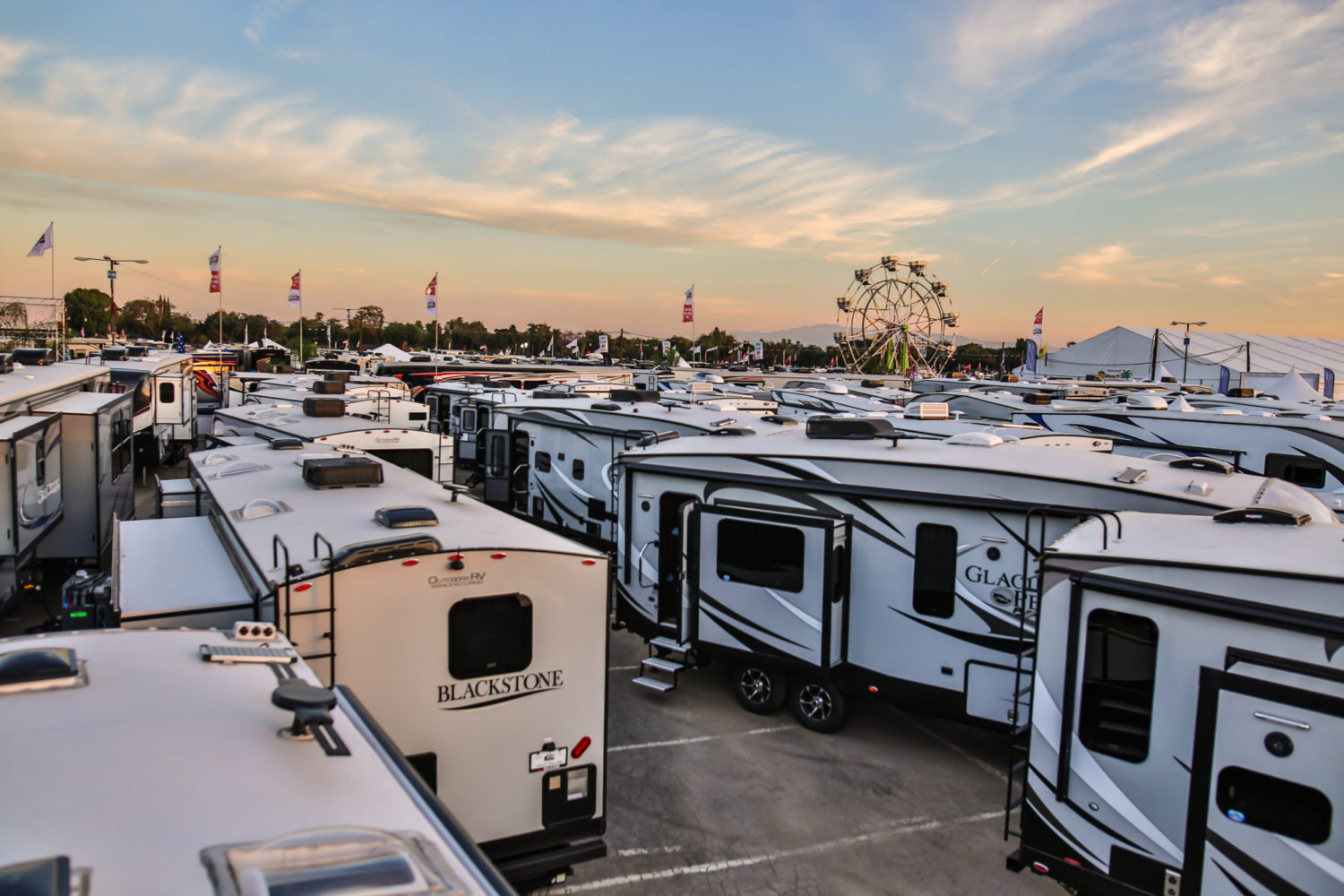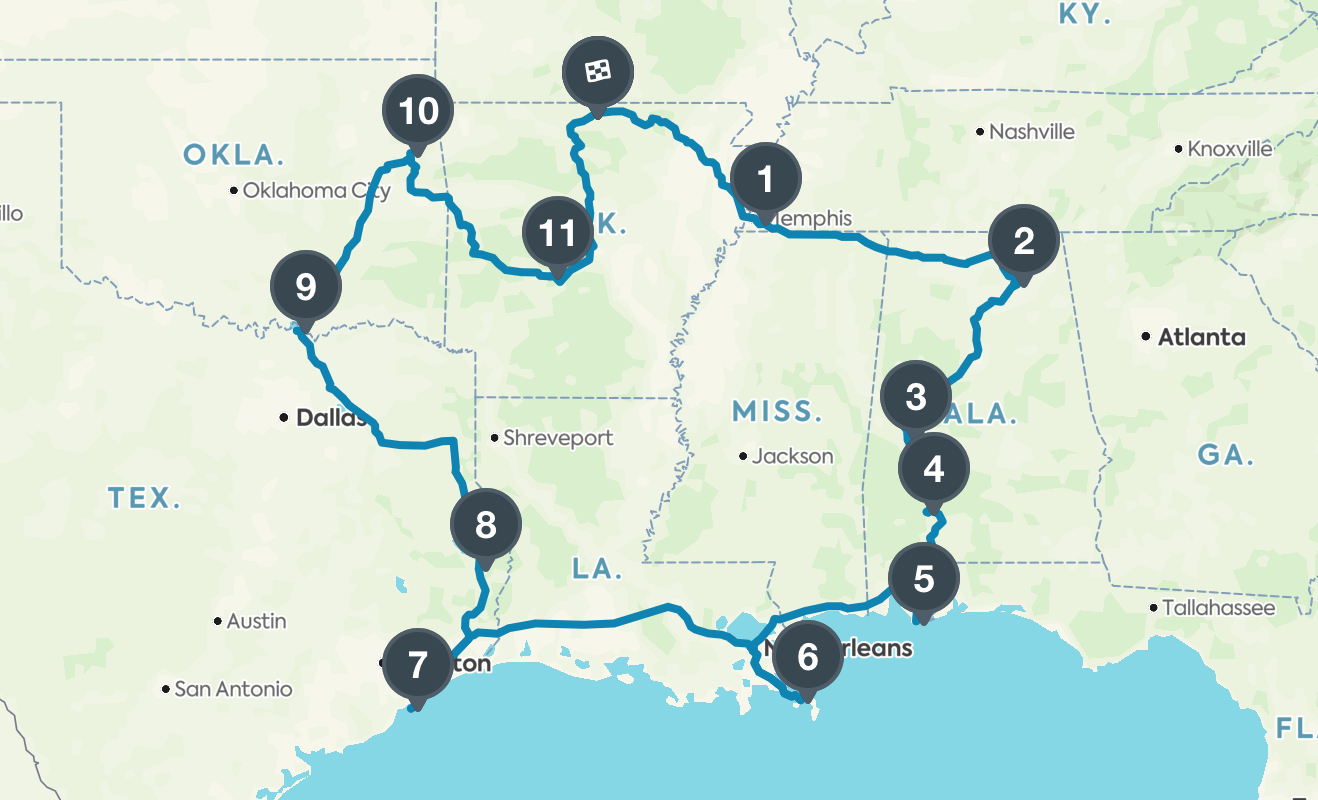Tuesday, the U.S. House of Representatives passed a significant piece of legislation that promises to bring about myriad changes to public lands across the country. The bill, known as the “Expanding Public Lands Outdoor Recreation Experiences Act” or the EXPLORE Act, aims to enhance recreation opportunities, address access issues for veterans and people with disabilities, and simplify the permitting process for small businesses. Of particular interest is the impact this legislation will have on the rules surrounding filming in National Parks and other public lands, providing much-needed clarity and improvements.
Introduced by Arkansas Republican Bruce Westerman and Arizona Democrat Raúl Grijalva, the EXPLORE Act garnered broad bipartisan support, and combines 15 pieces of legislation that had been bouncing around the House, and lines up fairly well with the Senate’s America’s Outdoors Recreation Act which has yet to get out of committee.
The bill passed the House with broad bipartisan support and on a simple voice vote. It now moves on to the Senate, where lawmakers expect it to have a good chance of getting through.
Key Provisions and Impact
Filming and Photography Rules Overhaul
- Current Challenges: Filming on National Park Service lands has been a contentious issue, with regulations deeming it illegal to shoot videos for commercial purposes without a permit. This has placed content creators in a difficult position, exemplified by the fines imposed on popular YouTubers for their activities in the parks.
- EXPLORE Act Solutions: The new bill aims to relax these stringent rules, establishing a more creator-friendly environment. It specifies that filming or photography involving fewer than six individuals or incidental documentation of permitted activities does not require authorization or a fee.
A press representative for the House Committee on Natural Resources told RV Miles that the provision was included because the committee wanted to “protect First Amendment recording rights on federal lands and waters, particularly because hunters and anglers often use film to inspire the next generation of sportsmen and women. It’s a valuable practice that we want to continue promoting access to in the future.”
Enhancements to Recreation Opportunities
- Introduction of Long-Distance Bike Trails: The establishment of no fewer than 10 long-distance bike trails across the country.
- Rock Climbing Access: Policies for the use and maintenance of fixed anchors on federally protected lands will be established, promoting rock climbing opportunities.
- Target Shooting Ranges: Official ranges will be introduced in Bureau of Land Management and U.S. Forest Service districts.
Streamlining Permitting and Expanding Access
- Simplified Permit Process: The bill aims to streamline the process for obtaining commercial use authorization permits, reducing fees and bureaucratic hurdles for small businesses.
- Improved Access for Veterans and People with Disabilities: New initiatives will focus on improving access to outdoor recreation for these groups, including the development of accessible trails and job opportunities within the federal outdoor recreation sector.
Expanding Connectivity and Infrastructure
- Broadband and Cell Service Expansion: The bill includes provisions to dramatically enhance internet and cell service access in high-traffic areas of national parks and federal campgrounds, addressing both visitor needs and operational challenges.
The Road Ahead
With broad support from a range of public associations and the outdoor recreation community, the EXPLORE Act represents a significant step forward in ensuring that public lands continue to offer unparalleled opportunities for exploration, recreation, and conservation. If passed by the Senate, it will head to the President’s desk for signature.








